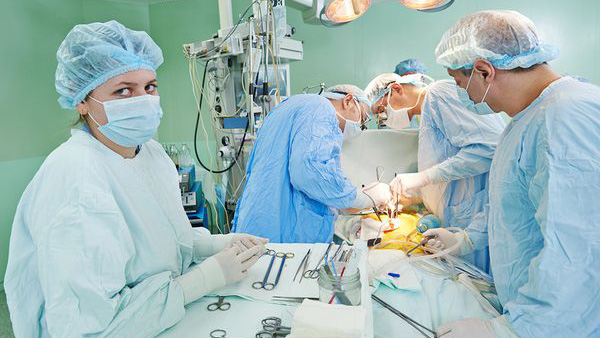Our Patients
Over their lifetime, many Australians will be diagnosed with a health condition that requires a medical/surgical procedure to alleviate or correct.
This diagnosis is usually made by a General Practitioner, who will then refer the patient to a procedural specialist. In emergency situations, some patients will go direct to a hospital emergency department and be admitted for a medical/surgical procedure by the emergency physicians.
A surgical procedure is a direct intervention into the body which includes a surgical operation, the insertion of a device or the specialised examination of a body region with a medical instrument.

What is a Procedural Specialist?
Procedural specialists are medical practitioners or dental practitioners who have undertaken recognised medical education and further training in the performance of surgical and procedural techniques including the administration of anaesthesia, usually within a defined medical specialty. Procedural specialists work in accredited hospitals and health facilities. They have a recognised Fellowship from a recognised Medical College. Procedural Specialists also use their skills in overseas and emergency aid efforts and in Defence Force medical teams.

Procedural Specialists and Australian Healthcare
Every day, procedural specialists interact with people and organisations in the health sector including GPs, nurses and allied health professionals, public and private hospitals, Medicare and private health insurers. Our members work at the front line of healthcare delivery. This perspective is valued by healthcare decision-makers who are concerned with the practical outcomes of healthcare policy decisions.











